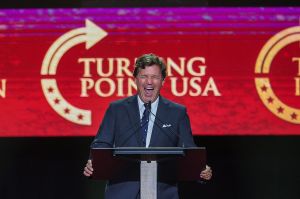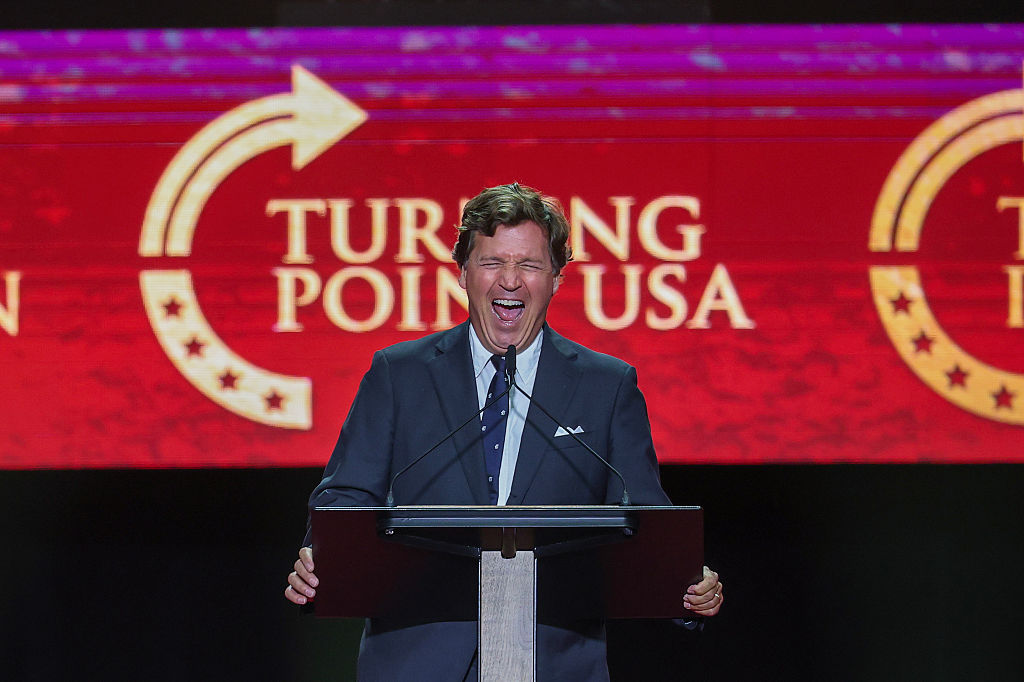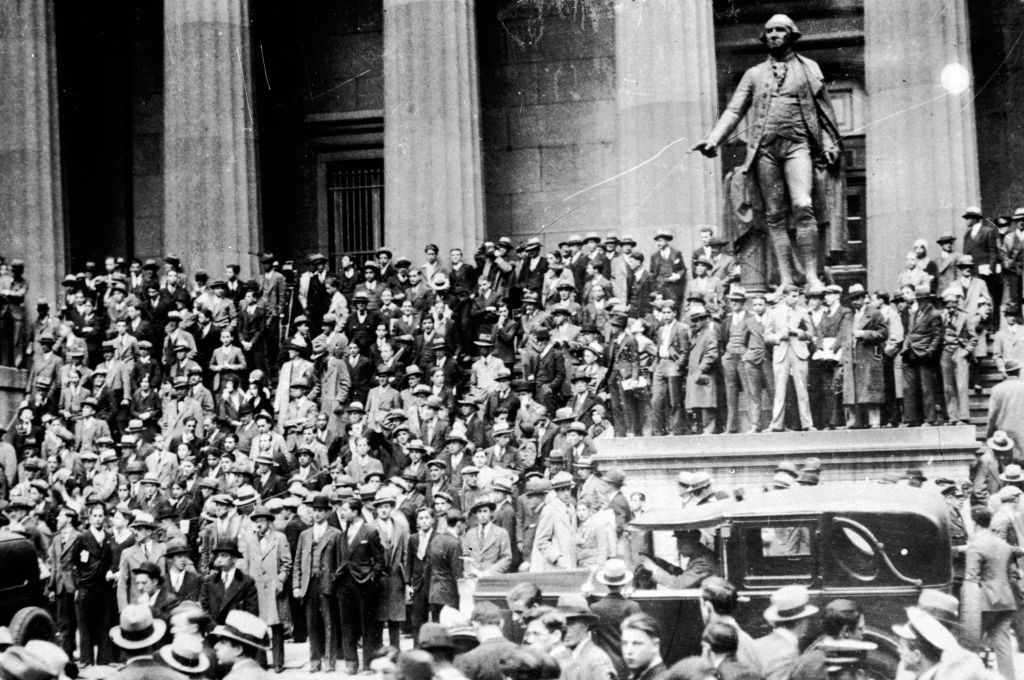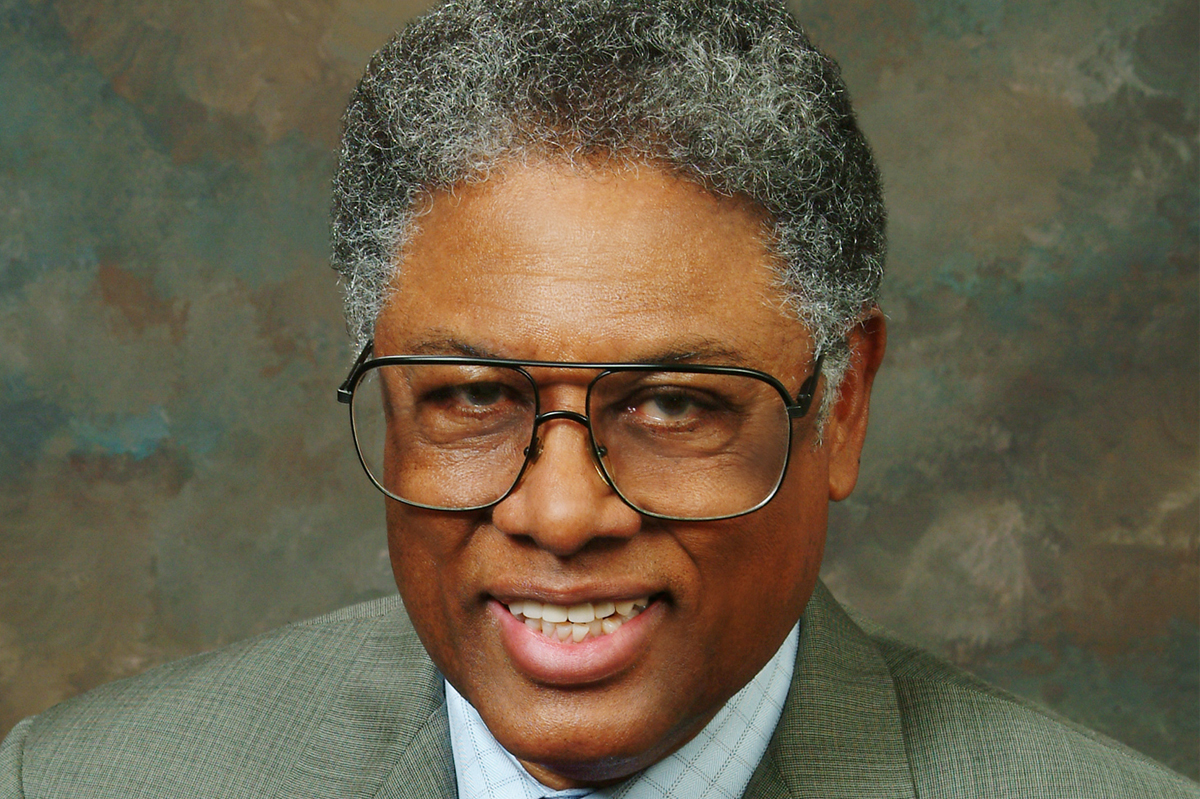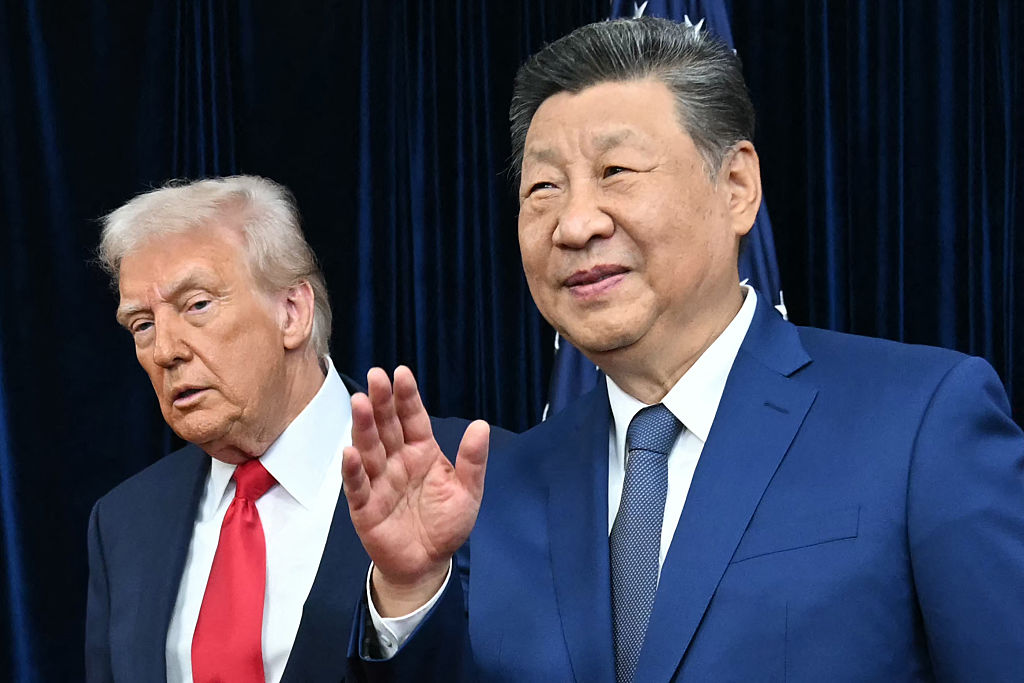On the American right today, economics trumps all else. While conservatism has always been bedeviled by the tension between economic science and traditional, family-focused values, the last four decades have witnessed a decided shift toward embracing economics as the sole indicator of a successful society. Those who create wealth, in theory and in practice, are accorded the closest thing to nobility an egalitarian society will tolerate. And indeed the American free market remains the most powerful lever the world has to erase class, poverty, and privilege in the equal pursuit of opportunity.
But a country which too eagerly measures its success in gross domestic product or the preferences of consumers can easily neglect other important indicators: the state of the American family, the costs of globalization, communities ripped apart by poverty and opioid abuse, the imposition of an informal social hierarchy and the erasure of individual agency, and a concentrated marketplace where corporations wield unprecedented power over speech and communications. Interpreting our lives and communities too narrowly through a strictly economic lens cannot account for either a subjective or very real discontent that arises even among economic abundance.
Yet this is where the right finds itself, squarely in the center of a cognitive dissonance between the market ideology of consumer preferences and their reality. Pew Research reports that Americans asked to choose between “financial stability” and “moving up the income ladder” prefer the former by more than ten to one. But most of our right-leaning politicians obsess only about the latter.
What we on the right appear to have missed in our modern emphasis is what the philosopher Wilhelm Röpke called a “humane economy,” one which takes into account the full flourishing of the human being and in which economic freedom and society’s values aren’t in conflict but are mutually reinforcing. A free economy depends on sturdy institutions and strong families, and the social and economic liberty a market provides is required for true freedom of choice and action.
But such a balance takes work. Perhaps more importantly, it requires vigilance. The market does not exist a priori, sprung up from some Hayekian fever dream. It reflects the policies and parameters our policymakers set for it. And while the left would exert too heavy a hand, the right’s refusal to exert any hand at all has led to unsustainable market concentration which distorts incentives and traps consumers; to offshoring policies that gutted once-stable sectors of the US economy and left the country vulnerable to the tiniest of global supply-chain disruptions; to an immigration policy which replaces American workers in middle-class jobs while lowering median wages.
Conservatives have always believed in a government with limits. A function of that limited state is to clear and protect the space in which our markets, associations and value systems interact. But it also has a duty to shepherd forth a market which takes into account both individuals and the modern economy, with all its benefits and possibilities. The right must restore this balance.
Rachel Bovard is senior director of policy at the Conservative Partnership Institute. This article is one excerpt from “Fight for the right,” a symposium on the future of American conservatism. Read the full series here.











